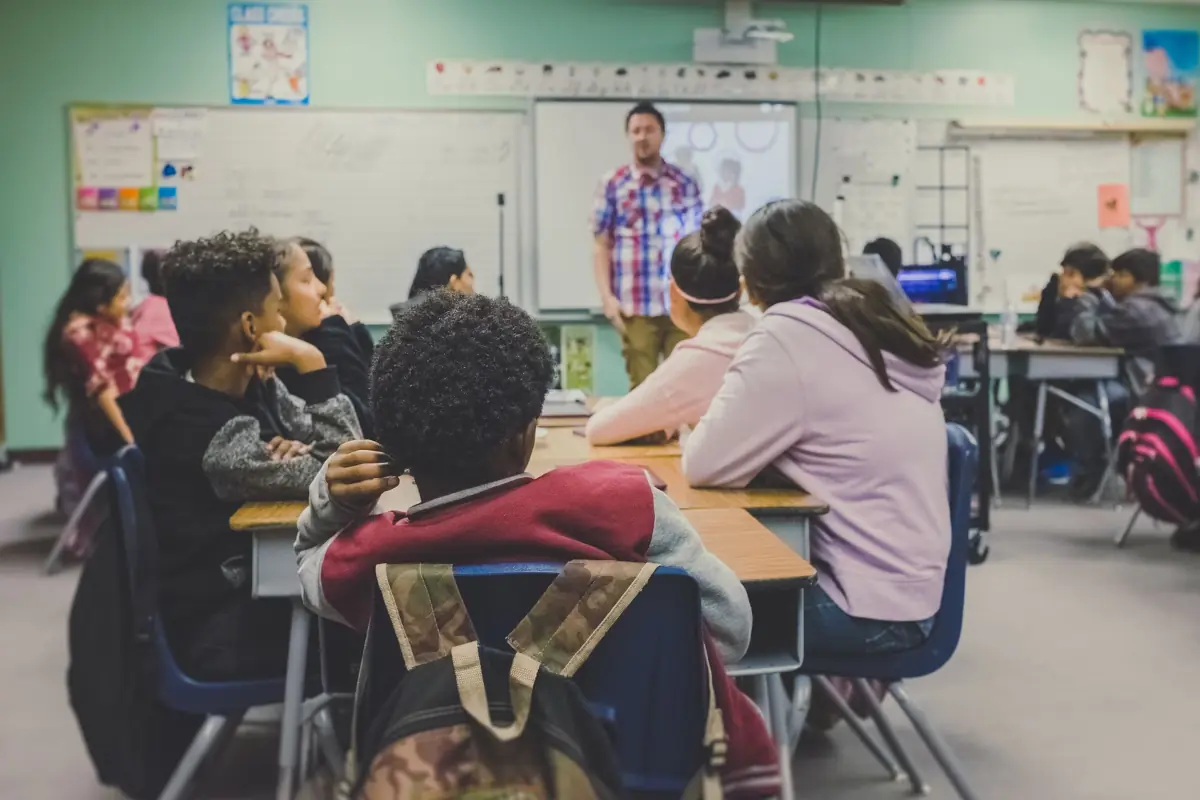Part 2: The Processes of listening (1 and 2)
What happens when you listen to speech? What is speech?
Without getting too technical, the speech that we hear is a flow of sound that is modulated in a variety of ways through the use of different parts of your mouth and throat. When taking this stream of noise and isolating individual pieces we define the way they are produced but gain no understanding of meaning. Meaning is usually only arrived at by the combination of these units into chains. This combination can be looked at in a very bottom up manner as a series of processes.
Process 1 - So we have a situation where our ears our being assailed by a jumble of meaningless sounds, the first part of the listening process therefore begins as we take in this mess and attempt to distinguish the noises by matching them up with our own personal sound maps. Everybody produces sounds slightly differently, and even the same person will produce the ‘same sound’ slightly differently as it pops up in different parts of words or paired up with a variety of other noises. For example, the way that I say the ‘s’ in small will be a little different to the way that you do, and the way I say the ‘s’ in small will be different to the way I say the ‘s’ in plants.
So when I listen to you speak I have to apply your sounds to my known map of all the ways I have decided are acceptably defined as a given ‘phoneme’ (individual sound). If the way that you pronounce a certain phoneme doesn’t match up with my personal bank of acceptable variations then I won’t be able to recognise your noise as intelligible. If I can match your noises to my understanding of those noises, then I will be able to move on to the next process…
Process 2 - Now let us assume that I am able to recognise each and every individual noise coming out of your mouth. What I have to do next is hold these sounds together for the short time it takes to merge them into a unit of meaning. To give a basic example, once I have heard ‘/s..t..e...p/’ I can now store this in my memory as one unit ‘step’ rather than four. This process takes very little time but it is dependant upon me having a vocabulary base that matches the vocabulary you are using.
If a speaker uses words that a listener doesn’t know then there is simply no way, regardless of their technical proficiency with listening, that they will be able to fully register that word. The only chance an adept listener then has is to be able to recognise it as an unknown word and make a guess at its meaning by use of context. Most listeners will probably either ignore the word or, in a worst case scenario, miss hear the word as beginning or end of the surrounding words and thus severely confuse their understanding of the sentence.
Students should take solace in the fact that even native speakers are often only able to register a word due to the surrounding language in an utterance. Certain factors such as slips of the tongue or background noise can prevent every single word being intelligible.
Having a large vocabulary, while not exactly a listening skill, is nonetheless an invaluable part of listening as it gives you a much higher chance of making sense of a speaker. Sometimes even knowing the phonemics and meaning of the vocab isn’t enough as at this stage problems can also occur due to incorrect word stress. (I know what a MOtorway is, but whats a moTORway?)
Next episodes..
Part 3: Listening processes 3,4
Part 4: Listening to test or listening to learn?
Part 5: Structuring listening to aid in acquisition


